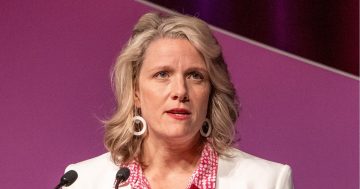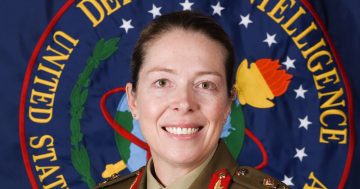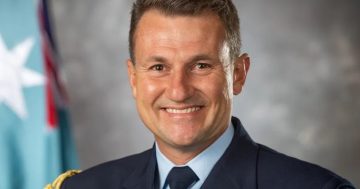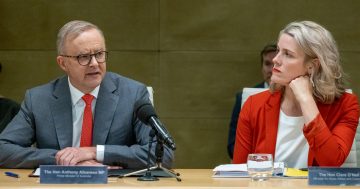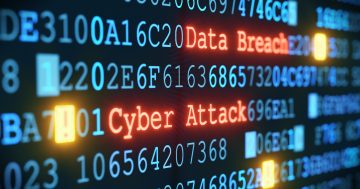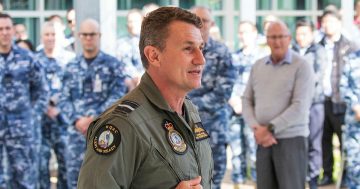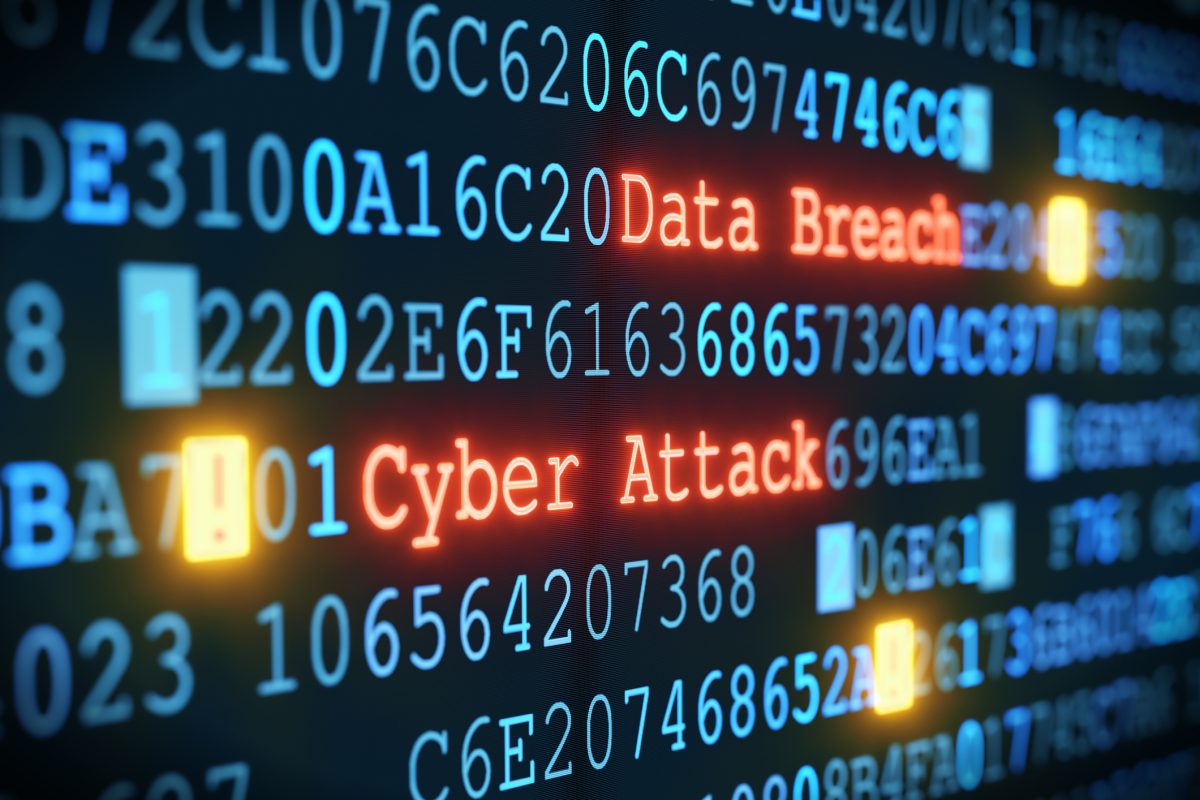
Time to hunt down the hackers and hack them back, according to Home Affairs Minister Clare O’Neil. Image: File.
A scenario in which Australia is suddenly besieged by ‘cascading disasters’ keeps Home Affairs Minister Clare O’Neil awake at night, so she is on a mission to do something about it.
“Imagine a future January. We see a Black Saturday-sized bushfire in the southeast, a major flood in the north, then overlay a cyberattack on a major hospital system in the west,” she said during an address to the National Press Club.
“Our country would be fully absorbed in the management of domestic crises. Then consider how capable we would be of engaging with a security issue in our region.”
To fully consider the possibility, a new National Resilience Taskforce has been created to determine just how prepared the nation might be in such a scenario.
“It’s time to stop feigning shock at supposedly once-in-a-generation floods and fires and storms,” the Minister said.
“The world has witnessed a tenfold increase in the number of natural disasters since the 1960s. This will get worse as the world warms further.
“We need disaster management to be a routine, seamless, well-practised function of government so that when multiple disasters strike, government and the community are not fully consumed by them.”
The new taskforce will gauge Australia’s capability to respond to concurrently occurring national crises.
It will highlight any policy, legislative and management weakness that could hinder capability.
The taskforce will work closely with the National Emergency Management Agency.
Ms O’Neil said the geopolitical shift in recent years had created the most dangerous strategic circumstances Australia has seen since World War II.
“China is a hugely powerful influence over our friends and neighbours, and we have learned a lot in the last five years about how this big and powerful country will exert its will in the years to come,” she said.
“During past periods of intense global competition, the security of Australians wasn’t really affected until we actively joined a conflict.
“Today, new tools of statecraft are bringing what might otherwise be global security issues into the everyday lives of our citizens.”
My Public Sector
Cyber security attacks and the spread of misinformation from foreign actors is now the most serious concern the government is grappling with.
The Minister cited recent attacks on Australian entities as wake-up calls for improved cyber security action.
She has ordered her Home Affairs department to fight back against the hackers like never before – to hunt them down and hack them back.
“Optus and Medibank were terrible events. It’s now my job to turn this set of disasters into a permanent step change in cybersecurity for the country,” she said.
“I want Australia to be the world’s most cyber-secure country by 2030. I believe that is possible. But we need a reset and a pathway to get there.
“We have the burning platform. We have the mandate for change. We’ve genuinely got the best minds on this problem. Now it’s time to translate that into a more cyber secure Australia.”
Regarding immigration, an area her portfolio must deal with, the Minister said getting the right policy settings in place was the aim of a review currently underway.
“Determining who should be invited to join us in our national endeavours is one of the most important things the Australian government does,” Ms O’Neil said.












